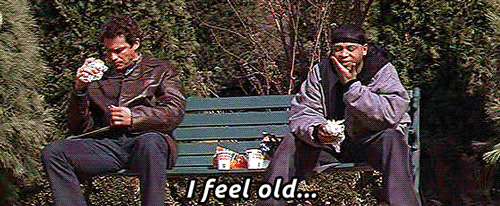Melvin Williams, the one-time Baltimore drug kingpin whose transformation helped inspire David Simon’s HBO series “The Wire,” died Thursday at University of Maryland Medical Center, according to the Baltimore Sun. He was 73.
Williams had a recurring role in later seasons of the show in the role of Deacon, a street-wise and compassionate clergyman who sought to help drug dealers and youth caught up in the violence of West Baltimore.
Williams is said to have been the inspiration for Avon Barksdale, “Wire’s” fictional drug lord whose saga dominated the first three seasons of the show that ran from 2002 to 2008. Williams served several years in federal prison on drug charges, but disavowed crime and worked with local pastors and youth after his release.
Simon on Thursday tweeted a picture of Williams, calling him the man “who made me begin to rethink the drug war. You ended it free, brother.”
During his tenure as a Baltimore Sun crime reporter, Simon wrote a powerful five-part series in 1987 about Williams’ rise and fall as a drug titan and ruler of the city’s mean streets. The stories, which the Sun re-posted on its website Thursday, read like a treatment for “The Wire.”
Williams had a recurring role in later seasons of the show in the role of Deacon, a street-wise and compassionate clergyman who sought to help drug dealers and youth caught up in the violence of West Baltimore.
Williams is said to have been the inspiration for Avon Barksdale, “Wire’s” fictional drug lord whose saga dominated the first three seasons of the show that ran from 2002 to 2008. Williams served several years in federal prison on drug charges, but disavowed crime and worked with local pastors and youth after his release.
Simon on Thursday tweeted a picture of Williams, calling him the man “who made me begin to rethink the drug war. You ended it free, brother.”
During his tenure as a Baltimore Sun crime reporter, Simon wrote a powerful five-part series in 1987 about Williams’ rise and fall as a drug titan and ruler of the city’s mean streets. The stories, which the Sun re-posted on its website Thursday, read like a treatment for “The Wire.”


 when I found out that he played the pastor. They had the guy that inspired Omar on there too.
when I found out that he played the pastor. They had the guy that inspired Omar on there too.
 Nathan "Bodie" Barksdale
Nathan "Bodie" Barksdale